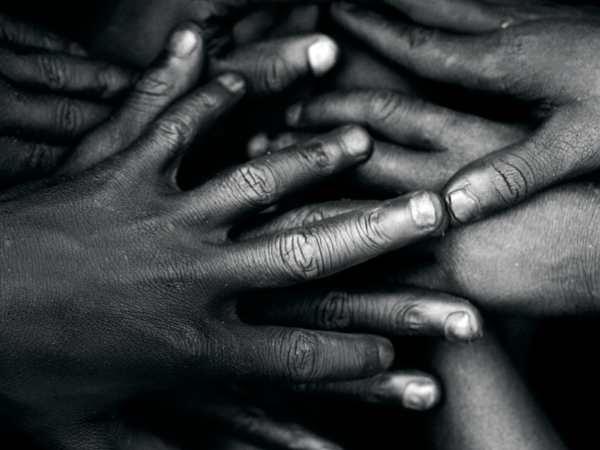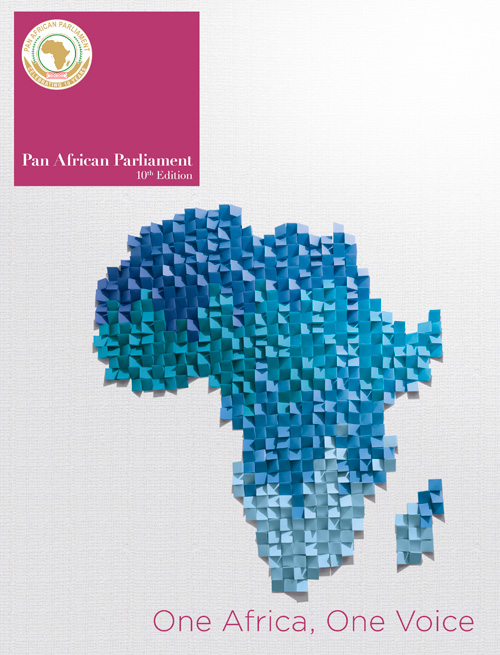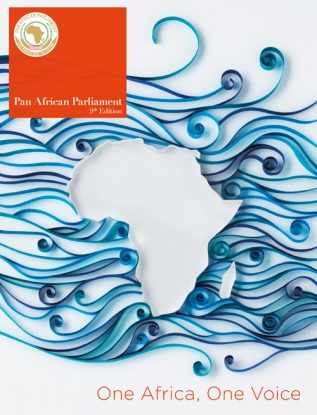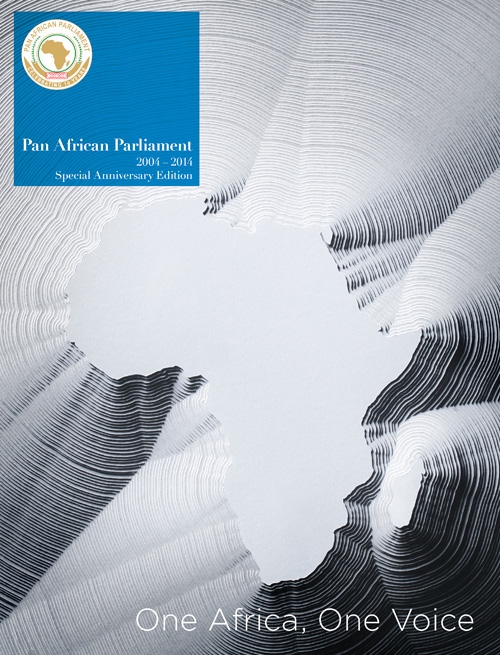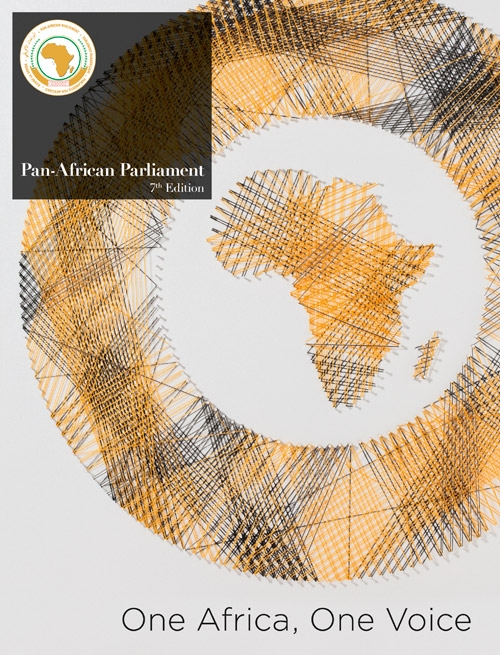
Shared Values are an important part of African governance, the progression of democracy and of basic life in cities, compounds, villages and families across the continent,’ says Aisha Abdullahi, commissioner of political affairs for the AU Commission. ‘As a people, most Africans live by a strong set of values that guide our governments and our everyday lives.’
Shared values underpin the very fabric of the AU and function as a set of guidelines to achieve its goals. ‘Africa will benefit from integration,’ says John Akokpari, a senior lecturer in Political Studies at the University of Cape Town and convenor of the International Relations programme. ‘Segmented African countries have smaller markets, but the union with its associated industrialisation and development, will drive the creation of a bigger market.’
The AU does not have a base requirement for membership, except a tacit agreement to uphold its values. But the Shared Values document is vital in guiding decisions made by the union. It is also aligned to the UN’s values.
‘In principle, African countries have shared values relating to concepts such as human rights and democracy.However, there is no unified definition of human rights among the countries,’ says Akokpari. ‘Some leaders try to manipulate – refuse to leave power or try to come to power through unconstitutional means. While in theory all countries agree on the values, in some cases there is a difference when it comes to implementation.’
He says the AU is doing what it can to set up guidelines and protocols to guard against matters such as genocide, war crimes and other human rights abuses, but the challenge lies in the implementation. Article 4(h) of the African Union Constitutive Act lays out the union’s right to act ‘in respect of grave circumstances, namely: war crimes, genocide and crimes against humanity, as well as a serious threat to legitimate order to restore peace and stability to the Member State of the Union upon the recommendation of the Peace and Security Council.’
The shared values of the AU from an individual level are: the basic rights to life, identity and opportunity; basic freedoms of expression and worship; tolerance; participation in governance; dignity and respect; justice; solidarity with each other in times of joy and sadness; fairness; equality; respect for age; integrity; community spiritedness and self-determination. At a state or regional level they are: sovereignty and the interdependence of states, adherence to the rule of law, democracy and representation of the popular will, care for the weakest, economic and social self-reliance, justice, law and order, equity and equality, national determination, solidarity of states, and stability of environment and security.
South Africa has emerged as the foremost investor in the African continent (soon to be overtaken by China). Initiatives started in the country during Thabo Mbeki’s presidency, who was instrumental in pushing the African common market into reality – principles were signed and barriers were removed. Gauteng alone is responsible for 10% of the whole of Africa’s GDP, so the drive from this nation, as well as the benefits that it can realise cannot be overstated.
[The Committee planned] to address Africa-Europe and Africa-China trade issues
While some commentators might point to the current economic crisis in Europe as an argument against regional unity, Akokpari says the EU is actually one of the most effective examples of integration in the world, despite these challenges. ‘To become a part of the AU, members are not required to meet any conditions – the good, the bad and the ugly, everyone is included,’ he says. ‘This would make monetary union very difficult to achieve, but for the other goals of increasing development and reducing inflation, it’s very effective.’
He says that while all shared values are important, there are certain priorities that the union is, and should, address foremost. They are: development – reducing unemployment, poverty and inequality; conflict mitigation – a challenge that Nkosazana Dlamini-Zuma, as the newly elected chairperson of the AU Commission, will have to address; how Africa will get access to a greater part of the world market, and how to reorder governance in the continent to deliver democracy and avoid coups.
The AU declared 2012 as the Year of Shared Values. According to the Shared Values website: ‘The AU is committed to a stronger Africa based on unity and integration. This is why it declared 2012 as the Year of Shared Values, an initiative aimed at promoting dialogue among all the continent’s citizens. In moving forward, we must ask: How can common African values help shape the collective path for all Africans?
‘Across the continent, leaders are challenging themselves and their constituents not to be judged by the levels of poverty and conflict in Africa, but rather by our individual and national commitment to common values such as equity, equality, solidarity, communalism and reconciliation.’
Abdullahi explains the importance of Shared Values to governance and democracy by noting that ‘in order to bring the vision of a better integrated and more unified Africa to fruition, we are encouraging every African – whether living here on the continent or elsewhere in the Diaspora – to help us with his or her ideas, energy and support’.
She says that the union expected the public to suggest how the organisation and its Member States can better incorporate the Shared Values into their daily operations. ‘We need to hear and understand what is important to African citizens in order to successfully bring about continental integration.’
She adds there are various ways that countries can get involved in raising awareness and deliberating on the implementation of the Shared Values during the year.
‘During this year of Shared Values, we are encouraging Member States to sponsor national policy dialogues and community-level discussions about the shared values essential to Africa’s future as an economically, politically and socially stable continent. This will help us gather input from people across the continent – from primary and adolescent schoolchildren to rural farmers, unemployed youth, academics and executives of multinational corporations. We ask all interested Africans to join us in this important effort.’
While the feedback and conclusions from the Year of Shared Values have yet to be delivered, the collaboration and involvement of the Member States make this an important point of departure for the successful future of the AU and the development of Africa.


